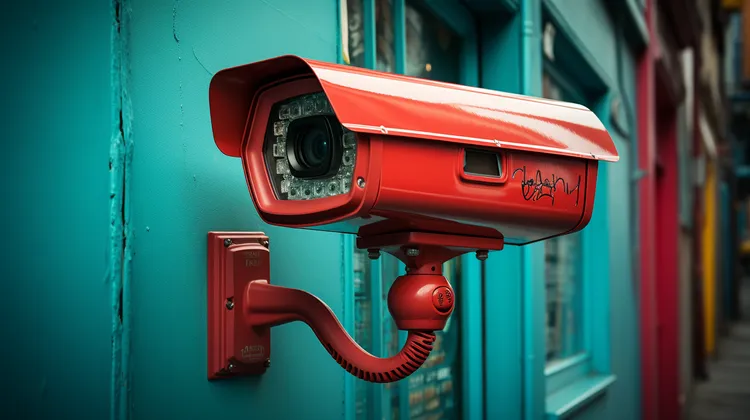In today’s digital age, privacy has become a highly contentious topic. What was once considered a fundamental right and an inherent aspect of human nature has now become synonymous with secrecy and suspicion. The erosion of privacy can be attributed to various factors, ranging from technological advancements to shifts in societal attitudes. The transformation of privacy from a cherished privilege to a perceived threat has significant implications for individuals, governments, and businesses alike.
One of the primary factors behind the negative connotation attached to privacy is the rise of social media and online platforms. With millions of people sharing their personal lives on social media every day, privacy has become synonymous with hiding something illicit or attempting to deceive others. In this hyperconnected world, the line between public and private has blurred, and individuals find themselves constantly under scrutiny and judgment.
The advent of surveillance technology and data collection practices has further eroded privacy. Governments and corporations increasingly gather massive amounts of data on individuals, often without their explicit consent or knowledge. This data is then used for various purposes, including targeted advertising, political manipulation, and even surveillance. The lack of transparency around this data collection has fueled fears and skepticism among the public, leading to privacy being seen as a negative concept.
Another factor that has contributed to privacy becoming a bad word is the prevalence of data breaches and cybercrime. As individuals entrust more and more of their personal information to digital platforms, the risk of unauthorized access and misuse increases. With high-profile cases of data breaches and identity theft making headlines regularly, privacy has become associated with vulnerability and danger. The growing fear of personal information falling into the wrong hands has reinforced the negative perception of privacy.
Societal attitudes towards privacy have also shifted in recent years. The culture of oversharing has normalized the idea of divulging personal information publicly, often without considering the potential consequences. Many individuals willingly sacrifice their privacy in exchange for convenience or social recognition. This mindset, coupled with the fear of being perceived as secretive or suspicious, has further contributed to privacy becoming viewed unfavorably.
Concerns over national security have played a significant role in the demonization of privacy. In the wake of terrorist attacks and the growing threat of cyber warfare, governments have implemented surveillance measures under the guise of protecting the public. Critics argue that these measures infringe upon individual privacy rights, while proponents argue that sacrificing some privacy is necessary for the greater good. This debate has polarized public opinion and added to the negative perception surrounding privacy.
The ramifications of privacy becoming a bad word are far-reaching. The erosion of privacy poses ethical dilemmas, as individuals are forced to navigate a world where every interaction is potentially recorded or scrutinized. The loss of privacy also hampers freedom of expression, as individuals may self-censor or withhold their opinions for fear of backlash. The commodification of personal data and targeted advertising can lead to manipulation and perpetuation of echo chambers, diluting the diversity of ideas and public discourse.
Privacy has undergone a marked transformation from a valued right to a perceived threat. Technological advancements, shifts in social attitudes, data breaches, and concerns over national security have collectively contributed to privacy becoming a bad word. It is crucial to recognize the importance of privacy as a fundamental aspect of our humanity. Striking a balance between personal privacy and the benefits of a connected world should be the goal, as preserving privacy is essential for a free and democratic society.




Privacy is a thing of the past. We’re all under constant surveillance, so why is everyone making a fuss about it?
Surveillance and data collection are just ways for governments and corporations to control us. Privacy is a lost cause. 😡
The ethical dilemmas posed by the erosion of privacy are definitely concerning. We must preserve privacy to ensure freedom of expression and diversity of ideas in our society.
Privacy is a hindrance to national security. We need to sacrifice it to protect ourselves from threats.
Privacy is dead! With social media and data breaches, there’s no such thing as personal space anymore.
Privacy is for the weak. If you have nothing to hide, why worry about it?